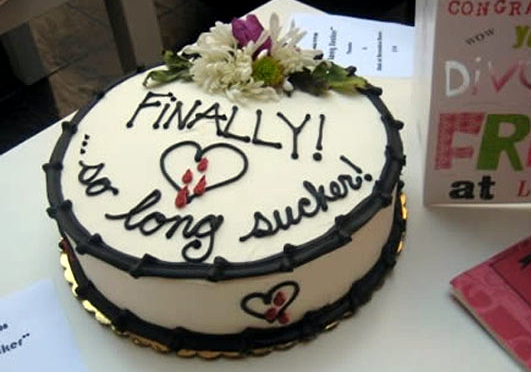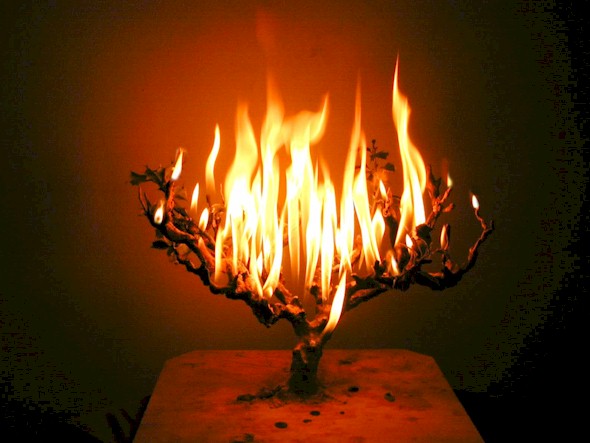 10:10 pm
10:10 pm
Scene: [In the house that Jack built, you know the one, where comes the fire that burns up the staff, that beat up the dog, that bit the cat, that ate up the goat — the one my father bought for two zuzim, in the house that Jack built. In the house that Jack built (Conference Room C, Holy Mother Public Relations Inc.) Eve, Mary, Peter Piscator, Joseph the Joiner, and William Haley celebrate the sudden – at – the – moment – though – from – lingering – illness – often – previously – expectorated – divorce of Adam and Eve.]
William Haley: [Filling cups, some decline but Mary is front and center. No surprise there.] Friends, let us raise a glass to this occasion of Eve and Adam’s postcreation. Here’s to Eve who is like a flame of many colors of precious jewels, to Adam
Eve: Do we have to toast to Adam?
William Haley: To the vicar of Rome and of Bray, and to all our deceased friends who are more really with us than when they were apparent to our mortal part. And to
Mary: [Thirstily] Here here!
[All quaff from their mazers]
St Bernard: The cake is delicious, Peter, did you make it yourself?
Peter Piscator: No. No, no. I got it for a song. Just a penny pippin.
Joseph the Joiner: Really? It looks like it would have set you back at least $50. Although I find it a bit subsubstantial.
Mary: I find you a bit subsubstantial.
William Haley: None of that Mary. Tonight is for Eve’s happiness, which has wings and wheels. Miseries are leaden legged and their whole employment is to clip the wings and to take off the wheels of our chariots.
Eve: That’s beautiful, William. Did you just come up with that now?
Peter Piscator: No, no. No. That sounds like he stole it from what’s his name, that devoted rebel. You know, the enthusiastic hope-fostered visionary.
William Haley: You are quite wrong sir, and you injure me in your so saying. But I shall ignore you. A blight never does good to a tree and if a blight kill not a tree but it still bear fruit let none say that the fruit was in consequence of the blight.
Mary: Jeepers Chrysthanthemum. Somebody cut that cake, will you. Let’s get this party going.
Joseph the Joiner: Let’s not Mary. Last time you ended up in bed with a pigeon.
Mary: That was a rumor started by Leo Taxil. Please. What’s it to you if I knew God or I didn’t know God or if I had a pregnancy without joy, a birth without pain, a body without blemish, a belly without bigness. You want to know if I still have a hymen? Come and look!
Joseph: With will will we withstand withsay.
Mary: Oh for the love of Christmas somebody hand over the cake.
William Haley: For as man liveth not by bread alone, Mary, I shall live although I should want bread. Who is that hiding under that table?
St. Bernard: Mary! Mary! You are the mother of the word incarnate, despise not my petitions, but in thy mercy hear and answer me
Mary: St. Bernard. He’s become the creature of my creature.
Eve: Creepy. Let’s get rid of him.
William Haley: We can’t get rid of him. Time’s ruins build eternity’s mansions. He like us all is the word made flesh. Get rid of the flesh and he’ll become word for all eternity connected to us all as by navelcord to navelcord entwining back to Eve.
Mary: Well now I don’t want cake anymore.
Eve: Who invited that guy?
 12:46 pm
12:46 pm